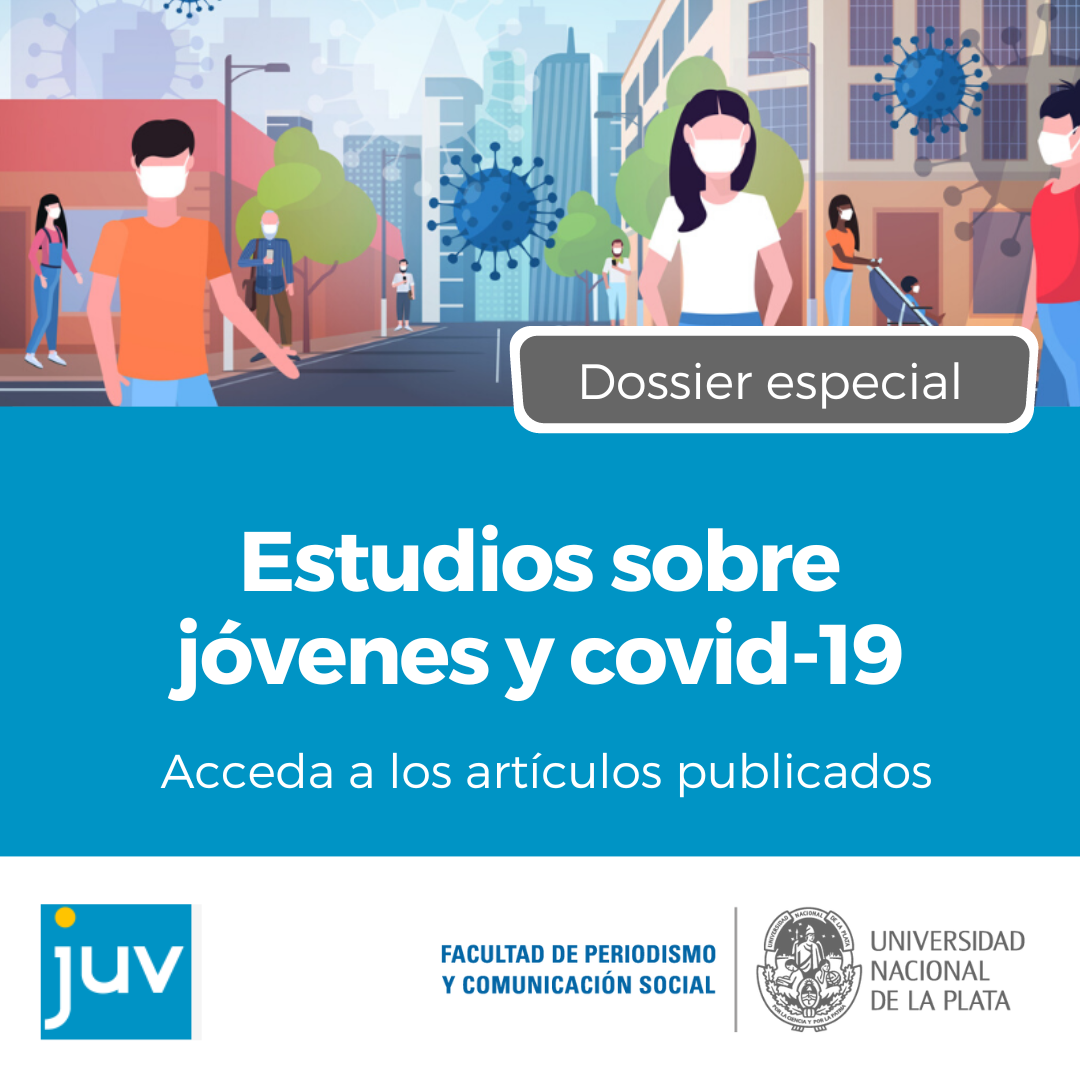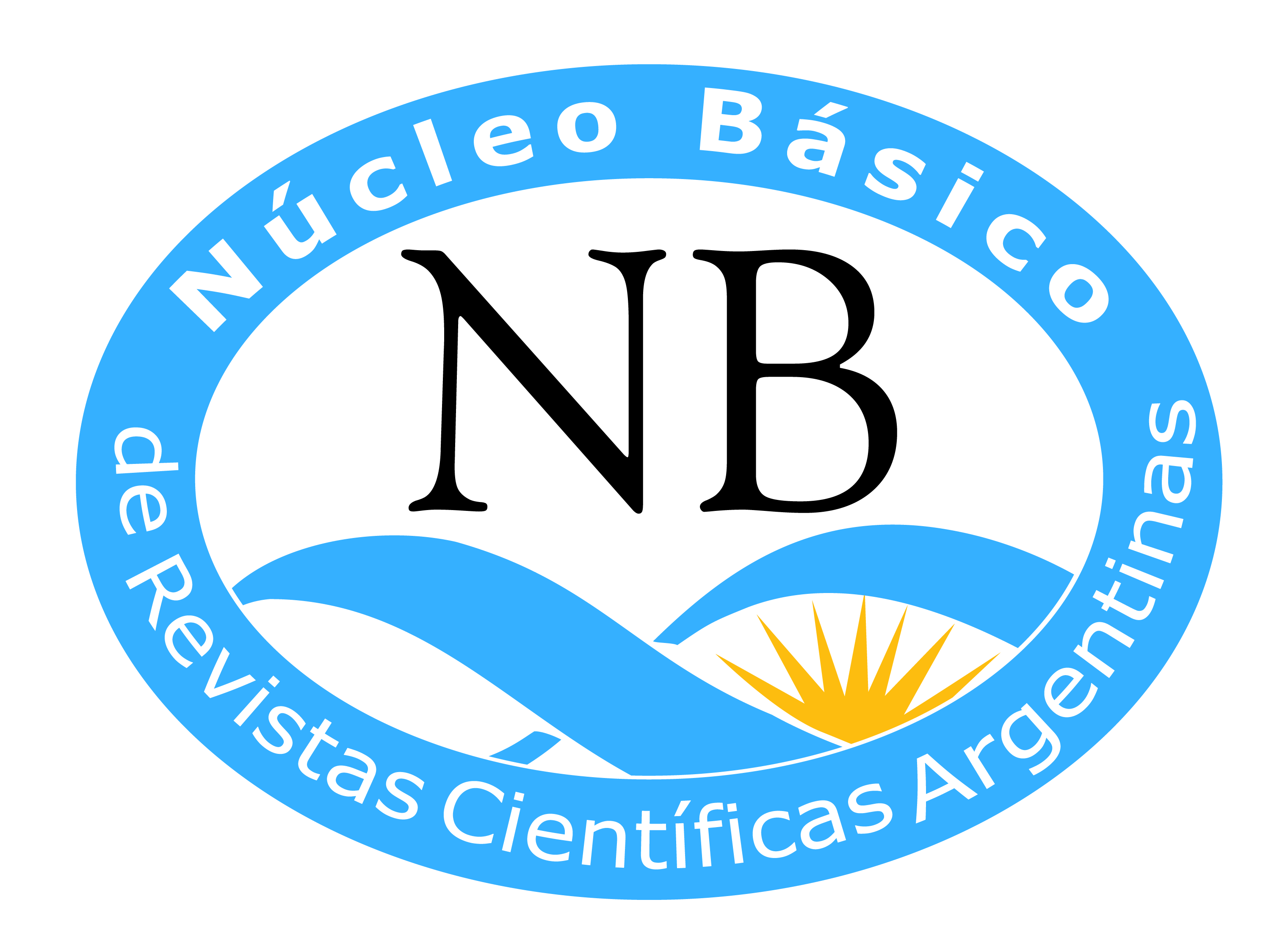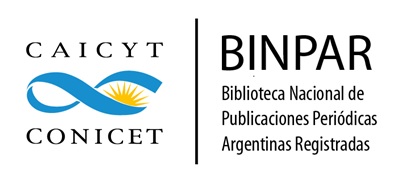The body and the look of other one in the processes of conformation identitaria
Keywords:
Identity, body practices, subjectivity, young people.Abstract
This paper present some body practices developed in the city of La Plata to problematize the construction process of subjectivity of young people from their social practices, their intervention in the urban spaces and their relation to the other, always traversed for the question of identity. The dimension of the body as a indispensable condition of the subjectivity processes and senses production is important because it highlights the relation between the search of being and the material supports that allow us to situate ourselves as from the other’s eyes. It will inquire the identity processes that make up the urban areas to detect crossings, tensions and potentialities.Downloads
Metrics
Downloads
Published
How to Cite
Issue
Section
License
The acceptance of an original by the journal implies the non-exclusive transfer of the patrimonial rights of the authors in favor of the publisher, who allows the reuse, after its edition (postprint), under a Creative Commons License Attribution-NonCommercial-ShareAlike 4.0 International.
According to these terms, the material can be shared (copy and redistribute in any medium or format) and adapted (remix, transform and create another work from the material), provided that a) the authorship and the original source of their publication (magazine and URL of the work) are cited, b) is not used for commercial purposes and c) the same terms of the license are maintained.
The assignment of non-exclusive rights implies that after postprint in Revista Argentina de Estudios de Juventud authors may publish their work in any language, media and format; in that case, it is requested that they signal that the material was originally published by this journal.
Assignment also entails the authors’ authorization for the work to be collected by SEDICI, the institutional repository of the Universidad Nacional de La Plata, and for it to be indexed in the databases that the publisher thinks appropriate for enhancing the visibility of the published work and its authors.
In addition, the journal encourages authors to submit their works to other institutional and thematic repositories after their publication in Revista Argentina de Estudios de Juventud, under the assumption that offering society unrestricted access to scientific and academic production contributes to a greater exchange in global knowledge.













.png)

























